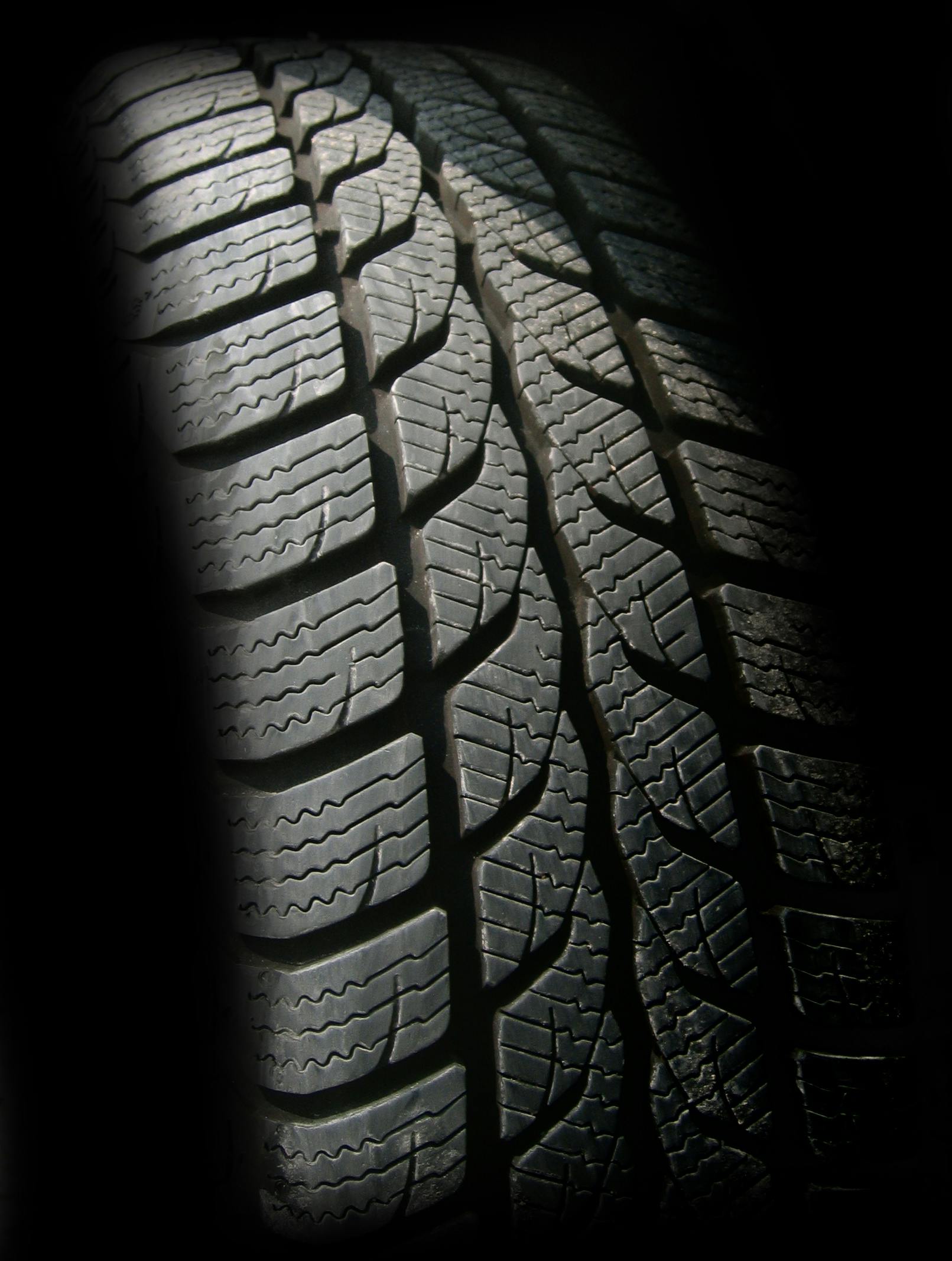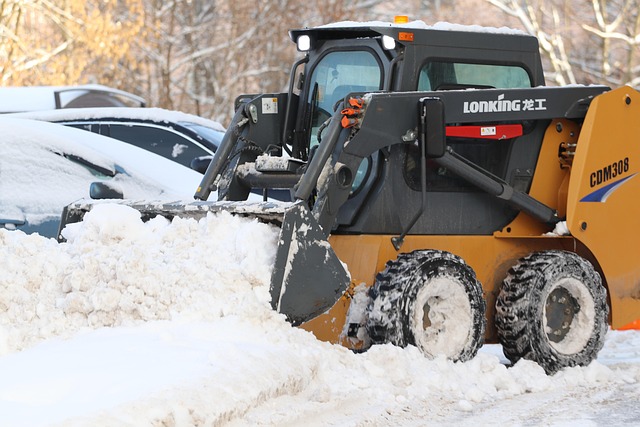Step into the technological world of tires
Modern tire technology represents one of the most sophisticated engineering achievements in automotive history. From advanced rubber compounds to intricate tread patterns, today's tires incorporate cutting-edge materials and design principles that enhance safety, performance, and fuel efficiency. Understanding these technological innovations helps drivers make informed decisions about their vehicle's most critical safety component.

The automotive industry has witnessed remarkable advances in tire technology over the past few decades. These innovations have transformed simple rubber circles into complex engineering marvels that significantly impact vehicle performance, safety, and environmental efficiency. Modern tires incorporate sophisticated materials, advanced manufacturing processes, and computer-aided design to deliver optimal performance across various driving conditions.
Understanding the structure of a tire
A modern tire consists of multiple layers working together to provide durability, flexibility, and performance. The outer tread layer features specially formulated rubber compounds designed for specific driving conditions and weather patterns. Beneath the tread lies the belt system, typically made from steel or textile cords that provide structural integrity and help maintain the tire’s shape under load.
The sidewall contains reinforcing materials that protect against impacts while maintaining flexibility for ride comfort. The inner liner acts as an air barrier, preventing air from escaping through the tire structure. The bead area, reinforced with steel wire, ensures a secure seal with the wheel rim. Each component utilizes advanced materials and manufacturing techniques to optimize performance characteristics.
Types of tires
Tire manufacturers produce various specialized designs to meet different driving needs and conditions. All-season tires offer balanced performance across multiple weather conditions, featuring moderate tread depths and versatile rubber compounds. Summer tires prioritize dry and wet weather performance with specialized compounds that remain flexible in warmer temperatures.
Winter tires incorporate deeper tread patterns and softer rubber compounds that maintain flexibility in cold temperatures. Performance tires feature lower profiles, stiffer sidewalls, and specialized tread patterns for enhanced handling and responsiveness. Off-road tires include aggressive tread patterns and reinforced construction for terrain navigation. Each type represents specific engineering compromises to optimize particular performance characteristics.
How to choose the right tires
Selecting appropriate tires requires consideration of multiple factors including driving habits, climate conditions, and vehicle specifications. Vehicle manufacturers specify tire sizes, load ratings, and speed ratings that ensure optimal performance and safety. These specifications appear on the tire sidewall and in the vehicle owner’s manual.
Driving conditions significantly influence tire selection. Frequent highway driving benefits from tires designed for low rolling resistance and extended wear. Urban driving with frequent stops and starts requires tires with good wet weather traction and responsive handling. Climate considerations include temperature ranges, precipitation patterns, and seasonal weather variations that affect tire performance.
Tire maintenance
Proper tire maintenance extends tire life, improves safety, and enhances vehicle performance. Regular pressure checks ensure optimal contact with the road surface and prevent premature wear patterns. Under-inflation increases rolling resistance and heat buildup, while over-inflation reduces contact area and compromises traction.
Tread depth monitoring helps determine replacement timing and ensures adequate wet weather performance. Rotation schedules distribute wear patterns evenly across all tires, maximizing overall tire life. Wheel alignment and balancing prevent irregular wear patterns and improve ride quality. Visual inspections identify potential issues such as sidewall damage, embedded objects, or unusual wear patterns that require professional attention.
| Tire Type | Provider | Key Features | Cost Estimation |
|---|---|---|---|
| All-Season | Michelin | Balanced performance, 60,000-mile warranty | $120-$200 per tire |
| Performance | Bridgestone | Enhanced handling, sport-tuned compounds | $150-$300 per tire |
| Winter | Continental | Cold weather flexibility, deep treads | $100-$250 per tire |
| Off-Road | BFGoodrich | Aggressive treads, reinforced sidewalls | $180-$400 per tire |
| Eco-Friendly | Goodyear | Low rolling resistance, sustainable materials | $110-$220 per tire |
Prices, rates, or cost estimates mentioned in this article are based on the latest available information but may change over time. Independent research is advised before making financial decisions.
The technological evolution of tires continues advancing with innovations in materials science, manufacturing processes, and design optimization. Smart tire technology incorporating sensors for pressure and temperature monitoring represents the next frontier in tire development. These advances promise to further enhance safety, performance, and efficiency while reducing environmental impact through improved durability and reduced rolling resistance.






